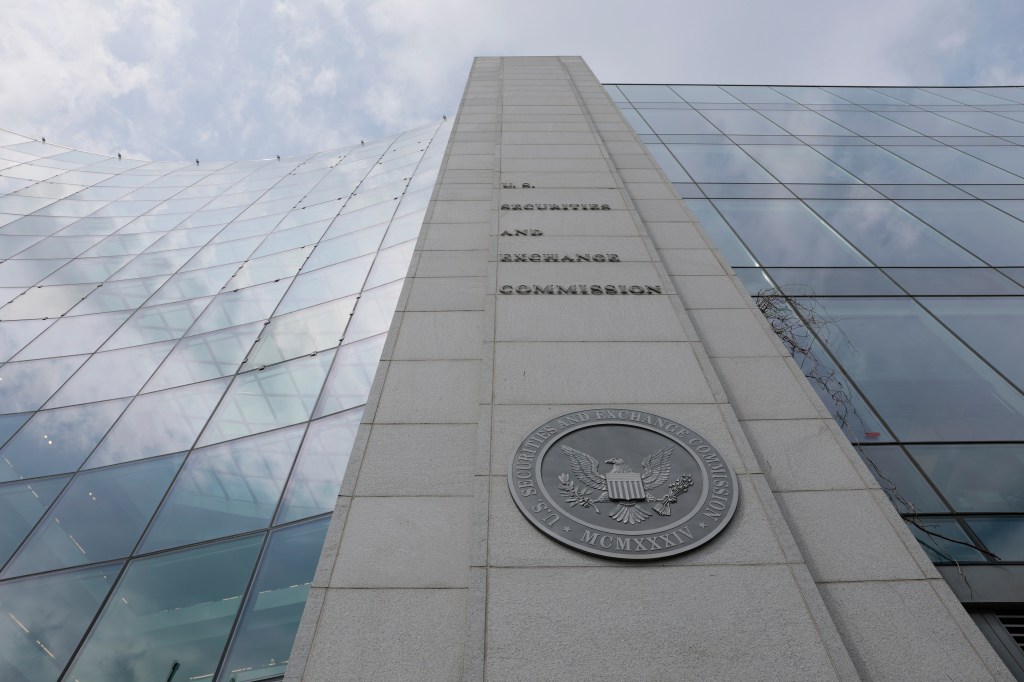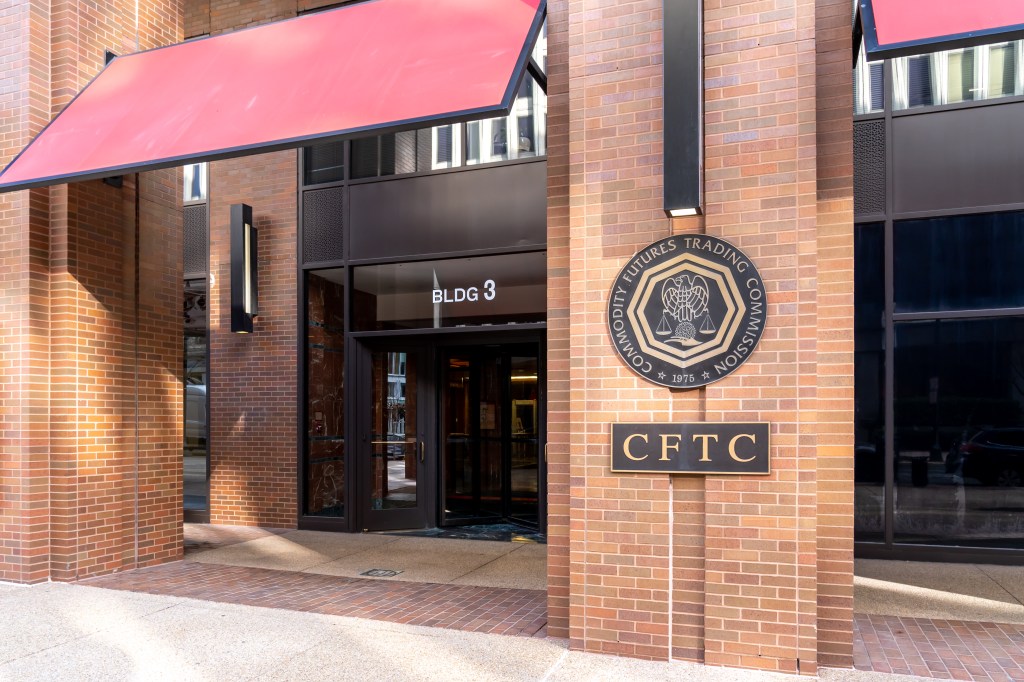The New York Times reported that the DOJ is investigating Harvard University’s admissions policy under the False Claims Act (FCA), suspicious that the university had falsely certified compliance with federal civil rights law.
However, details about the investigation are limited, and it is unclear what contractual, or grant agreements
Register for free to keep reading
To continue reading this article and unlock full access to GRIP, register now. You’ll enjoy free access to all content until our subscription service launches in early 2026.
- Unlimited access to industry insights
- Stay on top of key rules and regulatory changes with our Rules Navigator
- Ad-free experience with no distractions
- Regular podcasts from trusted external experts
- Fresh compliance and regulatory content every day













